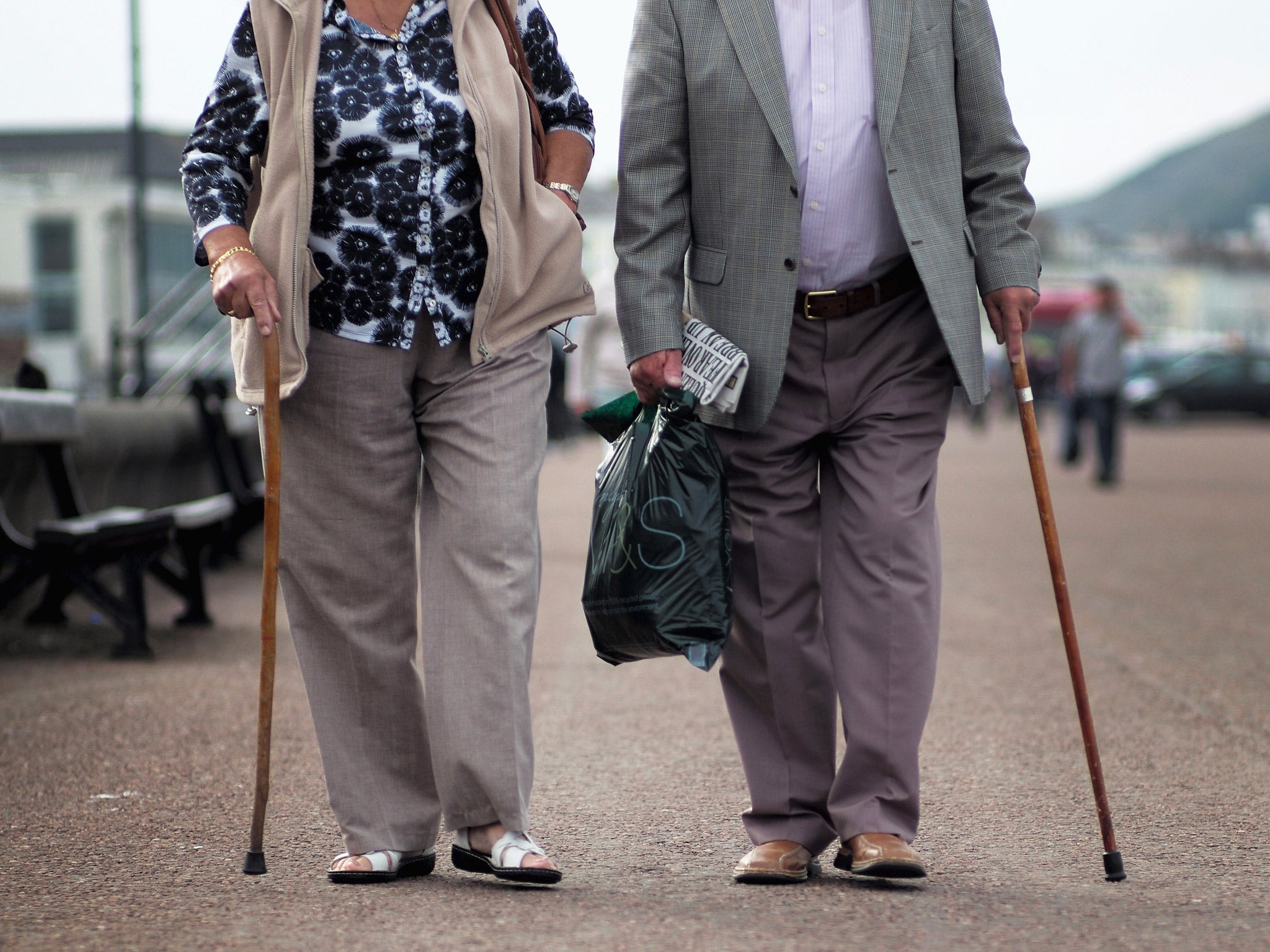Where do the women hit by state pension age rise go from here?
Campaigners tells Maya Oppenheim they are looking at launching appeal at Supreme Court


Women hit by the state pension age rise may have lost their Court of Appeal case against the government but they remain adamant they will not concede defeat.
Almost 4 million women were impacted by the controversial overhaul which saw the pension age increased from 60 to 66 for women born after March 1950 – with the United Nations warning the changes place them at increased risk of “poverty, homelessness and financial hardship”.
BackTo60, a campaign group calling for full restitution for women affected by the state pension age rise, lost its landmark High Court battle last October but appealed the ruling at the end of July.
Julie Delve and Karen Glynn, two women affected by pension changes supported by BackTo60 who took the Department for Work and Pensions (DWP) to court, brought the Court of Appeal challenge but lost their case on Tuesday morning.
Joanne Welch, founder of BackTo60, told The Independent the “next step” is taking the case to the Supreme Court and the legal team is currently looking at launching an appeal there.
Ms Welch raised “huge concerns” about the Court of Appeal decision on behalf of all women hit by the state pension age rise – adding that many of them are destitute.
“She argues changes to the pension age goes against a United Nations treaty the UK signed up to 40 years ago and has set up a people’s tribunal dedicated to transferring the Convention on the Elimination of all Forms of Discrimination Against Women (CEDAW) into domestic UK law.
The international treaty, described as a bill of rights for women, was adopted by the United Nations general assembly in 1979 before being ratified by 189 states in 1981.
“We have submitted grave and systemic evidence to the CEDAW committee in Geneva in regards to the treatment of women hit by the state pension age,” Ms Welch said. “Our evidence will be given in October and, all being well, there will be an inquiry into the government carried out by a UN body in regard to the impact of increasing the state pension age on 1950's women. They will be investigating how we have been discriminated against.”
Since 2013, women impacted by the pension changes have been fighting a long battle to reverse the changes. Under Jeremy Corbyn’s leadership, Labour promised to tackle “historic injustice” faced by women hit by the state pension age rise by pledging £58bn to the cause.
The state pension age rise was accelerated in 2010 and saw women reach parity with men, at 65, in 2018.
Maike Currie, of pensions firm Fidelity International, said: “Women are more likely to have less income than their male counterparts in retirement, with 25 per cent less in state pension the first year alone, according to the Cridland Report. When longer life expectancies are considered, this leaves a substantial income shortfall to overcome.
“Women’s pensions, and access to them, need to reflect the differences in our working lives: women are still contending with the pay gap and have more fragmented careers, both of which have a significant impact on the savings women have in retirement. The government needs to adapt policies to ensure that women are better informed on how to safeguard their finances into retirement – an even more pressing issue now considering the disproportionate impact Covid-19 has had on women’s finances.”
Join our commenting forum
Join thought-provoking conversations, follow other Independent readers and see their replies
Comments

Bookmark popover
Removed from bookmarks